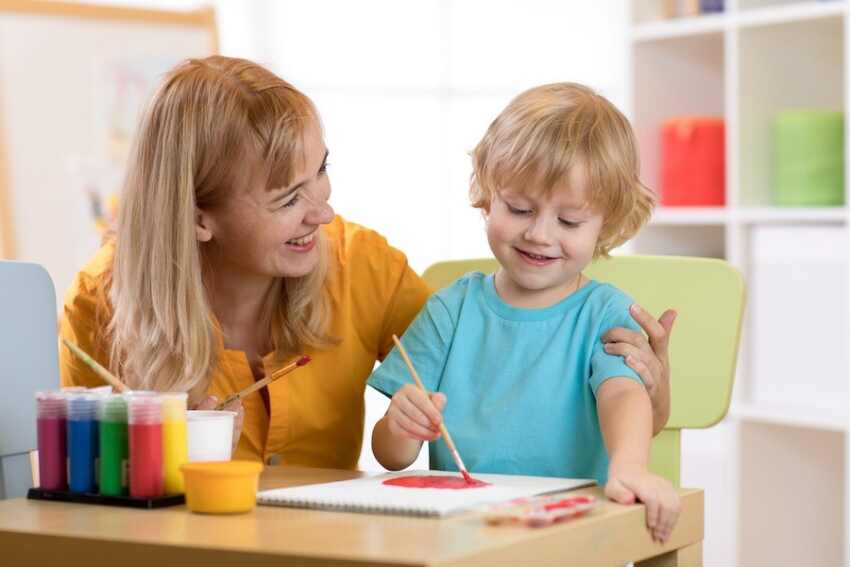The Montessori Method, developed by Dr. Maria Montessori in the early 20th century, offers a unique approach to education that focuses on nurturing a child’s natural curiosity and independence. This method has been transformative in shaping the way education is approached in a modern world, where traditional education systems often struggle to keep up with changing societal needs.
The Principles of the Montessori Method
The Montessori Method is based on several fundamental principles. Firstly, it emphasizes respect for the child as an individual with their own desires and needs. Secondly, it recognizes that children learn best through hands-on experiences and self-directed activities. Thirdly, it promotes a mixed-age classroom environment, where older children can act as mentors and role models for younger ones. These principles not only provide a solid foundation for learning but also help to foster a sense of community and social cohesion among students.
A Focus on Independence and Self-Directed Learning
One of the core tenets of the Montessori Method is the belief in the child’s innate ability to learn and grow independently. In a Montessori classroom, children are given a choice in the activities they engage in and are encouraged to follow their own interests and passions. Instead of a traditional teacher-centered approach, where the teacher imparts knowledge to passive students, the Montessori Method places the child at the center of their own learning journey, allowing them to become active participants in their education.
A Prepared Environment
Central to the Montessori Method is the concept of a prepared environment. Classrooms are carefully designed and equipped with a wide range of hands-on materials that stimulate curiosity and allow for self-directed learning. These materials are organized in an orderly manner, promoting independent work and fostering concentration. Teachers act as guides, observing and supporting the child’s exploration while promoting a sense of order and respect for the environment.
Promoting Social and Emotional Development
In addition to academic learning, the Montessori Method places a strong emphasis on social and emotional development. Mixed-age classrooms provide opportunities for children to interact and learn from one another, fostering a sense of empathy, cooperation, and collaboration. The emphasis on respect for oneself, others, and the environment creates a nurturing and inclusive atmosphere where children learn to communicate effectively and resolve conflicts peacefully.
The Montessori Method in a Modern World
The Montessori Method has gained increasing recognition and popularity in recent years, as it aligns with many of the skills and attributes required in a modern world. Its emphasis on independent thinking, problem-solving, and self-directed learning neatly aligns with the demands of an ever-changing and technology-driven society. Furthermore, the Montessori approach to education promotes critical thinking, creativity, and adaptability, which are essential skills for success in the 21st century.
The Montessori Method offers a progressive and effective approach to education that has proven successful in transforming the way we educate children in a modern world. By focusing on independence, self-directed learning, and social and emotional development, the Montessori Method prepares students for a rapidly changing society. As the world continues to evolve, the Montessori Method remains a relevant and forward-thinking education model that equips students with the skills they need to excel in their personal, academic, and professional lives.
Nidhin
For More Details Call: +917510220582



